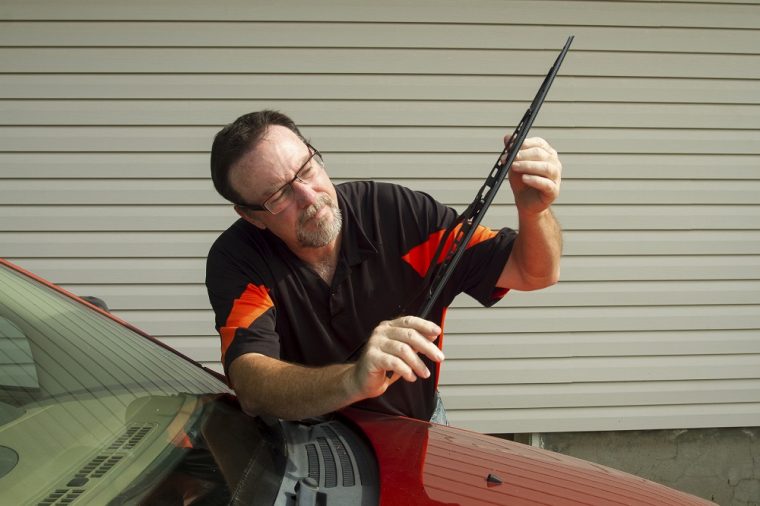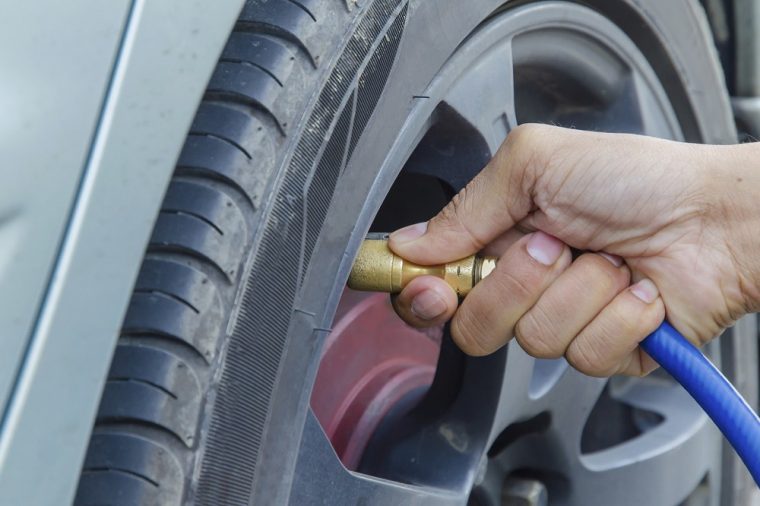Safety on the Road: Daily and Weekly Checks for Work Vehicles
For many people, access to a vehicle is an essential part of their job. This is particularly true for those in the logistics and transport industries, from couriers like InXpress to everyday taxi drivers. In these cases, having a fully functioning vehicle is imperative, not only to get from A to B, but to do so in a safe and efficient manner. In addition to regular maintenance and repairs, quick daily and weekly inspections can help keep your vehicle on the move.
5-minute daily vehicle check
When you drive for a living, your work vehicle covers a lot of mileage and therefore requires regular maintenance and upkeep. However, setting aside five minutes each morning to carry out a few simple checks could help keep the car or van in the best condition, as well as allow you to spot any potential problems.
Make this five-minute check part of your daily routine:
- Brakes: Make sure the foot and hand brakes are working efficiently, without excessive wear
- Lights: Using a reflective surface or walking around the vehicle, identify that the brake lights, indicators and front lights are all working correctly
- Mirrors: Double-check alignment to ensure excellent visibility
- Wipers: It is essential that wipers are in good condition and can fully clear the windshield, without any splits or cracks
- Seatbelts: All seatbelts must be in working order, without any damage or tears
- Tires: Inspect tires for any visible damage
Weekly checks
In addition to the five-minute daily checklist above, there are also some inspections you should do at a regular interval. Depending on mileage, it is advisable to do this on a weekly basis.
Weekly vehicle checks include:
- Fluid: Check and, if necessary, refill fluid levels; this includes windshield washer, oil, brakes, coolant, and steering
- Battery: Ensure there are no leaks or corrosion
- Bodywork: Inspect for any signs of damage or corrosion, and ensure all doors close securely
- Tires: Double-check inflation and tread depth
By carrying out these regular daily and weekly checks, you can ensure your vehicle is in good condition and you’ll have the ability to spot issues early, preventing further problems or damage, which can be incredibly beneficial. For more information, this DVLA diagram can provide assistance.
This is a collaborative article.

The News Wheel is a digital auto magazine providing readers with a fresh perspective on the latest car news. We’re located in the heart of America (Dayton, Ohio) and our goal is to deliver an entertaining and informative perspective on what’s trending in the automotive world. See more articles from The News Wheel.



